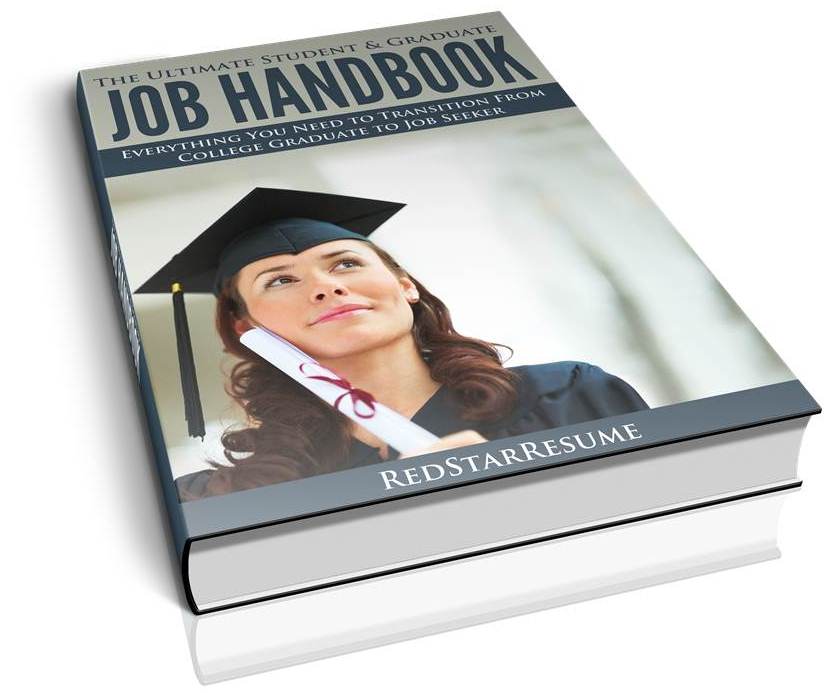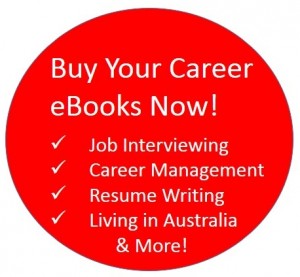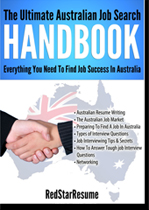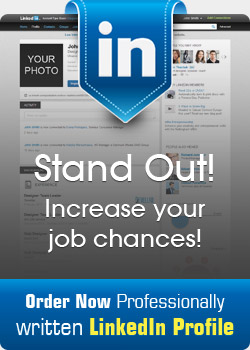 Register ahead of time. There are many different types of job and career fairs, including informational fairs about graduate programs and post-graduate service programs. Many job fairs, especially ones at college campuses, allow job-seekers to register online prior to the event to see a list of companies attending the fair. Some even allow you to submit your resume or set up interview appointments ahead of time. This is an easy step that can help you make the most of your time at the job fair and find the companies that interest you.
Register ahead of time. There are many different types of job and career fairs, including informational fairs about graduate programs and post-graduate service programs. Many job fairs, especially ones at college campuses, allow job-seekers to register online prior to the event to see a list of companies attending the fair. Some even allow you to submit your resume or set up interview appointments ahead of time. This is an easy step that can help you make the most of your time at the job fair and find the companies that interest you.
Do your homework. I’ve gone to several career and post-graduate fairs without doing any research beforehand to browse the companies and schools attending. Take it from me; this will be a waste of your time. About half of the career/post-graduate fairs I’ve been to had few, if any companies that even interested me. Had I simply gone to the job fair website and looked at a list of companies/ organizations attending I could have skipped looking around at companies I had no intention of working for and gone straight to the booths of companies that did interest me and possibly set up an interview ahead of time. Find out the companies attending the job fair, do some research on them and make the most out of a chance to meet and possibly interview for a job.
Have a professional resume ready to go. Companies use job fairs to meet and screen a large number of candidates at once. Don’t miss your chance by not being prepared with copies of your professional resume ready to hand out. Most hiring managers won’t waste their time following up with you to get your resume, having copies will show that you’re serious about working for the company.
Dress for success. If a job fair is located on campus, you might get the impression this is an informal occasion and that it’s okay to stroll out of class in your sweats and t-shirt to take a look at the companies—please don’t! These are real companies and representatives attending the fair, it’s imperative that you make a good first impression if you want a chance at landing a job. The person you meet may or may not remember you later, but don’t risk your first impression being a bad one if you care about the position.
Network. Use your time at the job fair to meet with representatives from companies, ask about any questions you have and pick up information they may be giving out. It’s also a good idea to talk to other students and job-seekers that share the same interests in organizations. You can actually learn some valuable information from peers looking in the same field as you.
Market yourself. If you’re not able to set up an interview ahead of time with companies attending the fair, you only have a brief chance to market yourself and make a good first impression. Prepare a quick list of some of your key strengths and top achievements to easily tell employers about when you get the opportunity.
© RedStarResume Publications – http://www.bestresponseresume.com
Do you need help writing a resume?
Stand Out From The Crowd With Professional Resumes and Cover letters from RedStarResume
Specializing in over 35 Industries! – Turn your resume into an achievement based marketing documents in just 48-72 hours
Check Out Our Brand New Student & Graduate EBook
The Ultimate Student & Graduate Job Handbook – “Everything You Need To Transition From College Graduate To Job Seeker”

























